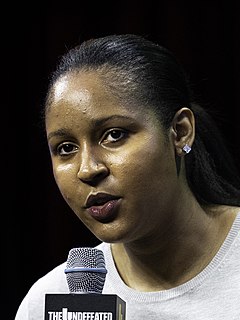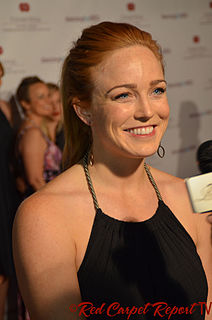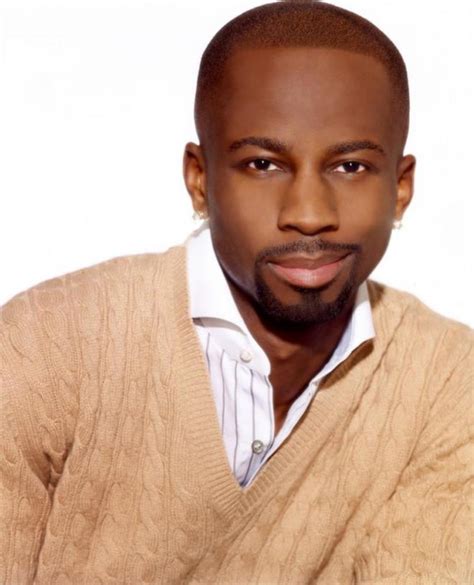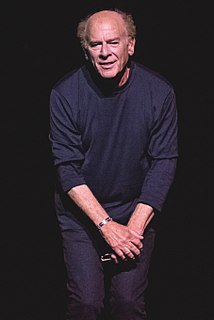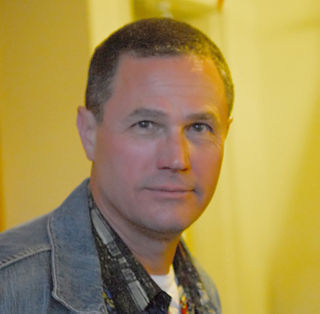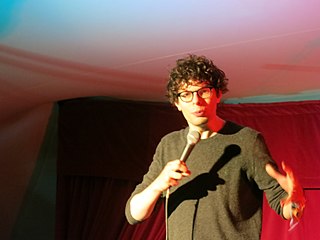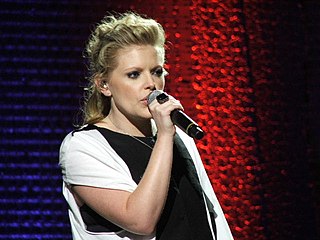A Quote by Jon Ronson
In the early days of Twitter, it was like a place of radical de-shaming. People would admit shameful secrets about themselves, and other people would say, 'Oh my God, I'm exactly the same.' Voiceless people realized that they had a voice, and it was powerful and eloquent.
Related Quotes
Well, one of the things we're supposed to be able to do as playwrights is write from a place of empathy, get into another character's shoes and experience things both mundane and tragic. And people don't - like me right now - people aren't necessarily the most eloquent when trying to express their emotions. I guess I feel as a playwright that those people deserve a voice, too, a voice that isn't so articulate that they themselves can no longer identify with it.
I would say get to know somebody who isn't exactly like you and doesn't come from the same background as you, educate yourself and then just keep showing up. Finding ways to show up for people and your voice will come out of that relationship and out of your pursuit to seeing people who aren't exactly like you.
I felt like Twitter was more of a place for people to just socialize instead of promoting. After I got off, I realized I could have used that energy and that lane to really promote some positivity. I had 35,000 followers before I left. I was like, "Damn those were 30,000 consumers." It kind of twisted my whole thought process so I got back on. I realized that I have a voice that people wanted to hear.
It was terrible. 2012, no voice. I would fall to my knees and look up at God and say, 'Oh, man, this is tough. I don't know how to be a person.' And finally, I would sing some shows where the voice crapped out. There were people in the audience. I did my best. I saw that there was lots of love and support.
In the early days, Porter Wagoner would not exactly scold me, but he's say, 'You're writing too many damn verses. You're makin' these songs too damn long.' And I'd say, 'Yeah, but I'm tellin' a story. I have a story to tell.' And he'd say, 'Well, you're not going to get it on the radio.' If I start writing a song, I'm writing it for a reason. People would say that I had to have two verses, and a chorus, and a bridge. I tried to learn that formula.
When I was about seventeen, I had a group called the Young Jazz Giants. We played all originals. When we would finish playing, people would be like, 'Oh my God, that was so nice, that was so great.' But Pops would never tell us we were the best. He would give it to us straight, like, 'You're out of tune. You're dropping beats.'
I began to understand that there were certain talkers - certain girls - whom people liked to listen to, not because of what they, the girls, had to say, but because of the delight they took in saying it. A delight in themselves, a shine on their faces, a conviction that whatever they were telling about was remarkable and that they themselves could not help but give pleasure. There might be other people - people like me - who didn't concede this, but that was their loss. And people like me would never be the audience these girls were after, anyway.
Do nothing that you would not like God to see. Say nothing you would not like God to hear. Write nothing you would not like God to read. Go no place where you would not like God to find you. Read no book of which you would not like God to say, "Show it to Me." Never spend your time in such a way that you would not like to have God say, "What are you doing?
I'm not interested in being gratuitously relatable and broadening out what I do in order to reach more people. When I'm going into specific details of the trauma, I think it's the details that connect with people. I'm accidentally relatable - I didn't mean to be, and I didn't think I would be. It feels like what I'm saying on stage is quite shameful and possibly perverted; so for other people to be laughing and go, "Oh, yes, we understand that. We are like that too," is very lovely.
This sounds cheesy but when I would get in discussions with people about religion or spirituality, a lot of people would say, "I believe God is nature, there's God in that tree" - and I would think, What the hell are they on about? But it was about four or five years ago in Hawaii where that all made sense to me and I got it all, and I felt God was in the trees and in the grass and the flowers, and I completely understood.



